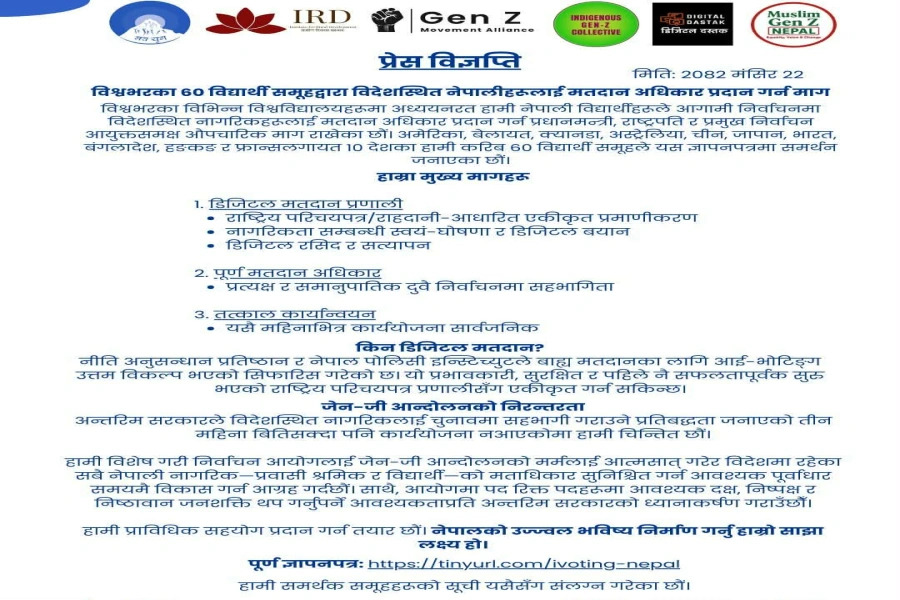KATHMANDU, Dec 30: A study conducted by an eminent cardiologist has revealed that binge drinking during teenage years may consequently lead to the early onset of hypertension.
An observation-based research conducted by Dr Rajneesh Kapoor, who is also Vice Chairman – Interventional cardiology at Medanta Medicity, Gurgaon, India, has revealed this fact.
Dr Kapoor had enrolled and analyzed 475 hypertensive patients for the research. The study revealed that 36 percent (171) patients out of 475 indulged in binge drinking, ranging from once a week to thrice a week.
Teenage girls facing Anemia due to lack of nutrition

Similarly, 94 percent of these patients did it for a minimum of four years, starting from 18 years onward while just a few did binge drinking and stopped within a time period of one year.
Dr Kapoor said that the study finding demonstrated a notable prevalence of hypertension (16%) in people with less than 40 years of age. “It also tells us about additional lifestyle factors during early life years that can possibly lead to early onset of non-communicable diseases,” he said.
Dr Kapoor said that binge drinking, which is consuming 5 or more drinks in about two hours, raises blood pressure levels immediately. “Our study links to the possibility that elevated blood pressure caused by binge drinking can lead to persistent high blood pressure or hypertension later in life,” he further said.
Earlier, a study conducted by Canadian researchers had found that the blood pressure of young adults aged 20 to 24, who binge drink was significantly higher than non-binge drinkers.
Dr Kapoor underscored the need for raising awareness on high alcohol consumption and risk of heart disease. “High blood pressure is dangerous because it causes strain on the vessels carrying blood around the body. This can cause vessels to become clogged up or to weaken, which can cause damage to the heart or brain,” he said, while adding that high blood pressure also increases the risk of stroke, heart attack, heart failure, and kidney damage and eye problems.





































